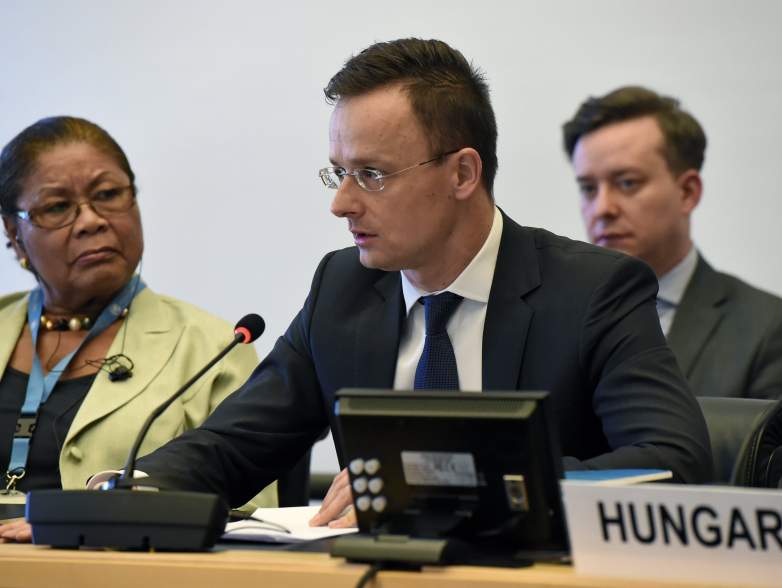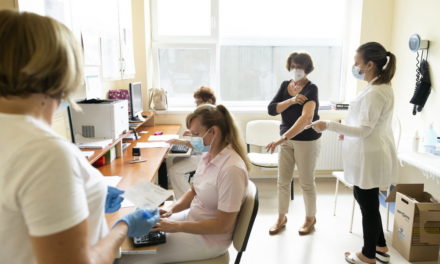The coronavirus epidemic and migration form a vicious circle, as the more places where the infection appears, the more people start, and the more people start, the greater the risk of the epidemic spreading further, stated Minister of Foreign Affairs and Trade Péter Szijjártó in Geneva on Wednesday.
The head of the ministry participated as co-chairman in the three-day UN conference dealing with the support of the least developed countries, where he emphasized that the pandemic has not only a health and economic dimension. The epidemic clearly has a serious impact on both global trade and the economy, and it hits the least developed countries hardest, since they are in the most vulnerable and defenseless situation. The pandemic has amplified the root causes of massive migration flows, which were already very challenging, so it can start a vicious circle, as those who set out on the road accelerate the spread of the virus, which in turn exacerbates the reasons why people decide to leave their places of residence.
In this regard, Péter Szijjártó emphasized: it is difficult to imagine that anyone among illegal immigrants would have two negative PCR tests, therefore it is particularly important that the international community take help where it is needed and not cause problems where there are none .
As he said, if the developed states are not able to improve the quality and efficiency of their support programs aimed at the affected countries, further massive waves of migration will begin, which will mostly affect Europe due to geographical reasons. He added that the risk of this is already getting higher due to the deteriorating situation in Afghanistan.
Péter Szijjártó reported that Hungary is committed to supporting the affected countries, and in view of the epidemic, it significantly increased its development cooperation, the value of which amounted to more than 400 million dollars last year. With this, the country not only achieved, but also exceeded, its previous goal, according to which it will spend 0.25 percent of the gross national income on international development aid by 2025.
He specifically highlighted that the government has already helped countries lagging behind in vaccination with around 1.6 million vaccine doses.
The UN's list of least developed countries currently includes forty-six states, typically from Africa and Asia. During the day, Péter Szijjártó will hold a meeting with the new Chinese Deputy Director General of the World Trade Organization (WTO) and the President of the International Committee of the Red Cross (ICRC).
Source: MTI
Featured photo: Facebook












